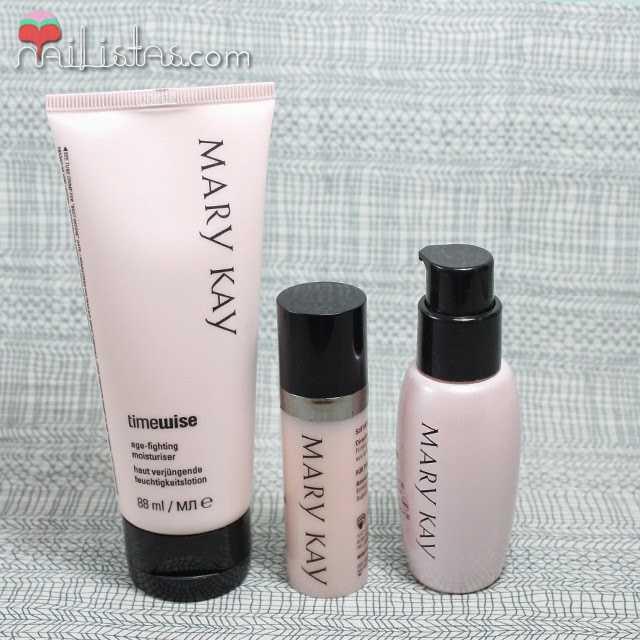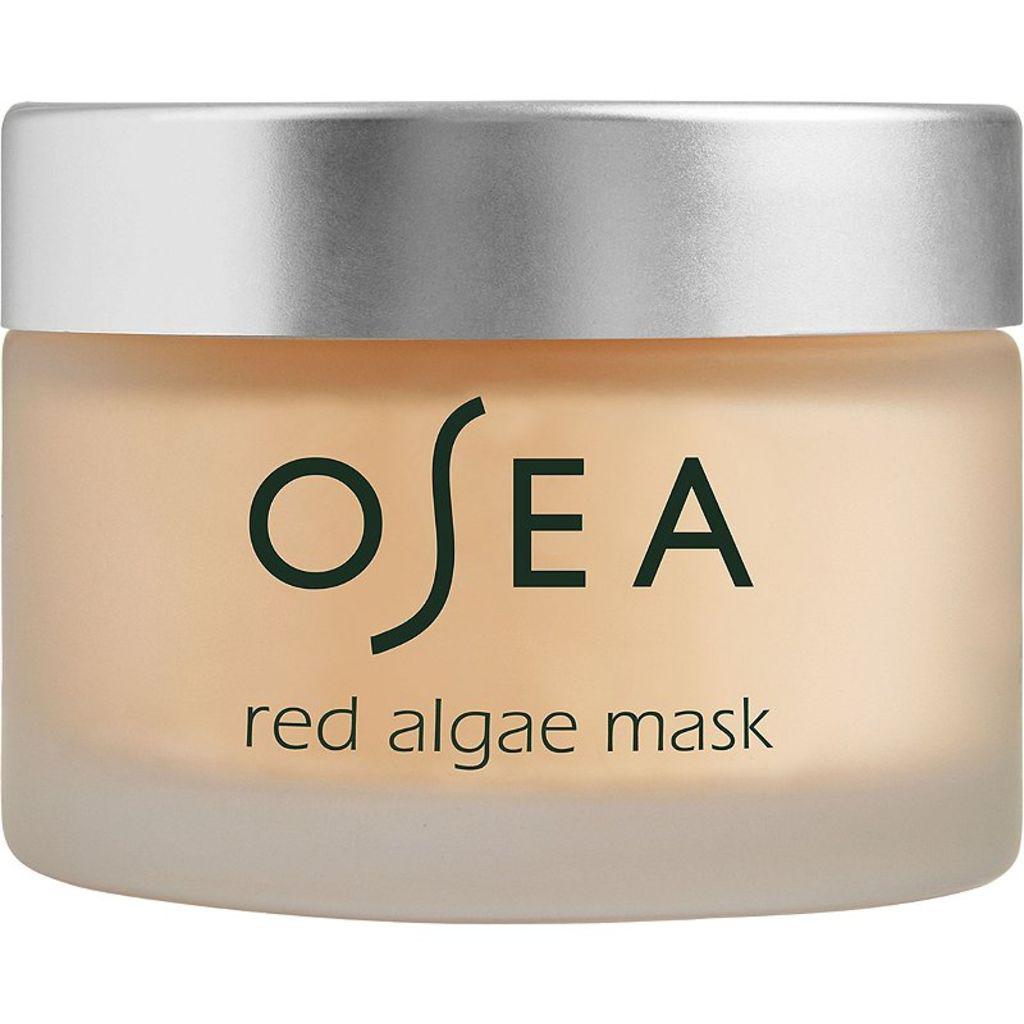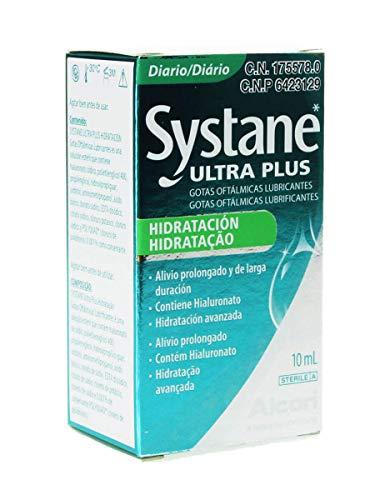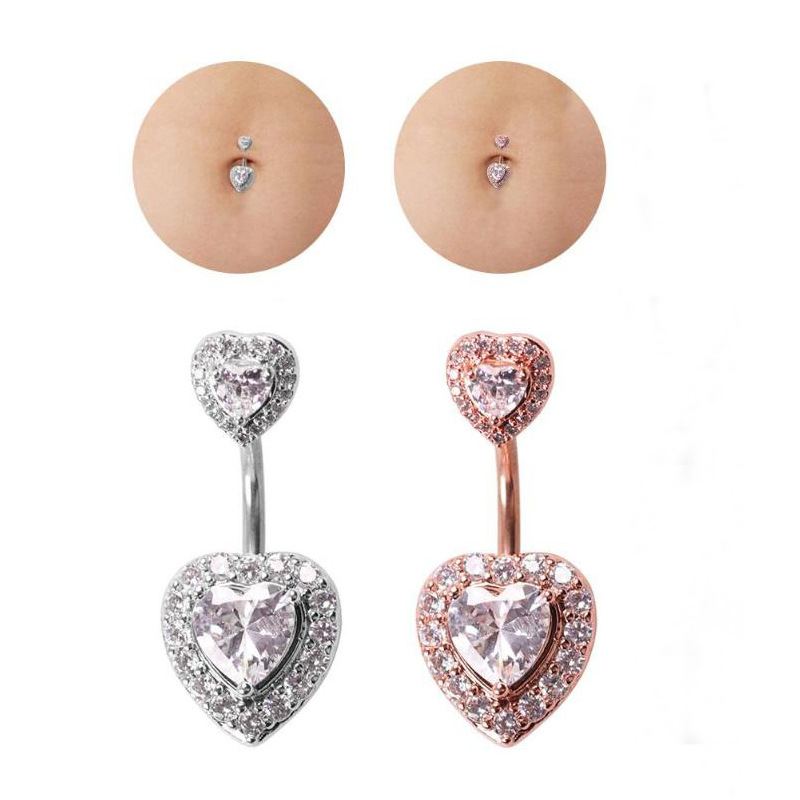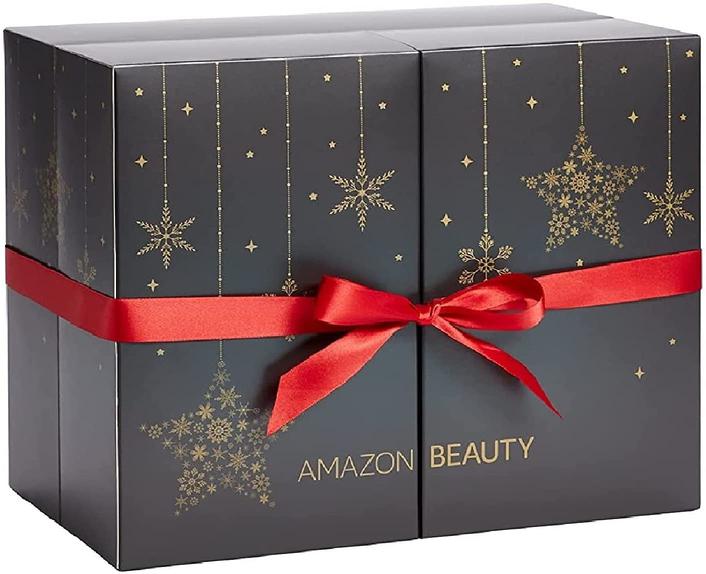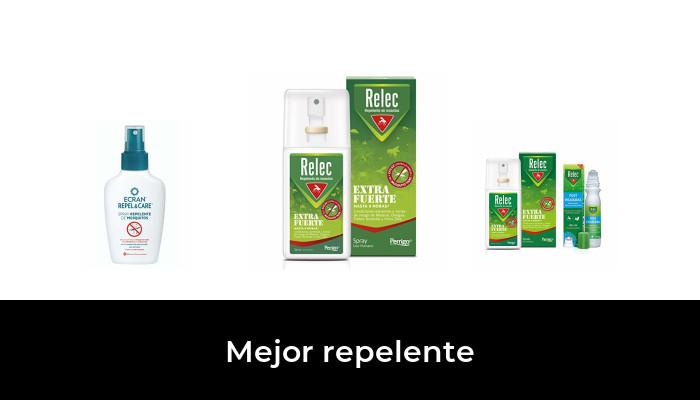The first brand for black skins repairs a historical injustice of cosmetics
Debate
This year the first specific brand for the care of darker male skin has been launched
Sandra Arbat
Smooth hair and white skin as a beauty paradigm and the lack of real referents have prevented many black men and women from knowing how to take care of their faces and tame their hair.In specific supermarkets and stores of hair products are rarely found products for Afro hair or for black skin.
It has not been until very recently, with the launch and rise of Rihanna Fenty Beauty's beauty line, that black women have been included as an important part of the beauty industry.By introducing 40 base tones, Fenty forced other "inclusive" brands to rethink if they really took into account black women.
Interestingly, it is estimated that African -American women spend around 7,500 million dollars a year on beauty products, according to a study led by Essence Cosmetics.These disburse 80% more in cosmetics and double in skin care products than white women.This abysmal difference arises when African Americans need to try many more products to find one that is effective for their skin type.
Black women spend 80% more in cosmetics than the rest
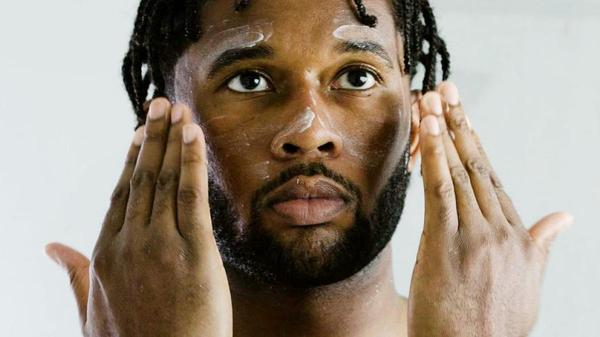
In the male sector the situation is aggravated.It has not been until this same year that a beauty brand has dared to launch the first product for skin care thinking only about black men.Ceylon Skin Care was devised by Patrick Boateng specifically to treat conditions that affect the darker skin, such as acne and hyperpigmentation scars.
A base problem
"There are structural racism problems in the personal care industry," Boateng told The Guardian."There seems to be the strange belief that if specific products are created for a skin type, they will not work as well for other skins or that will not have growth potential," he explains.Boateng complains that in the same way as an African -American can serve a cream designed for white skin, as it has been happening for centuries, the same can happen in reverse.
Resignation was not an option for him."We are expected to accept and ask ourselves with the conventional products that already exist, those made without thinking about people like us."This "racism" inherent in the beauty industry, which Boateng refers, according to the dermatologist Corey L Hartman, has to do with "the lack of representation at the Board Room table, in the schools of Medicine and inthe executive levels of cosmetics companies. "
We are expected to ask ourselves with the products that already exist
Patrick BoatengFundador de CeylonAccording to Dapper Mane - a research portal that offers quality content about personal care for black men - "the black consumer is now more aware of what he uses and the big brands have the duty to meet their needs or risk losing muchof its sales. "
Mostrar comentariosAl Minuto
![47 best antiage nutritive cream in 2022 [based on 326 reviews]](https://website-google-hk.oss-cn-hongkong.aliyuncs.com/drawing/article_results_6/2022/2/27/1918fc37c66ad30564173e69d9df88a0.jpeg)
